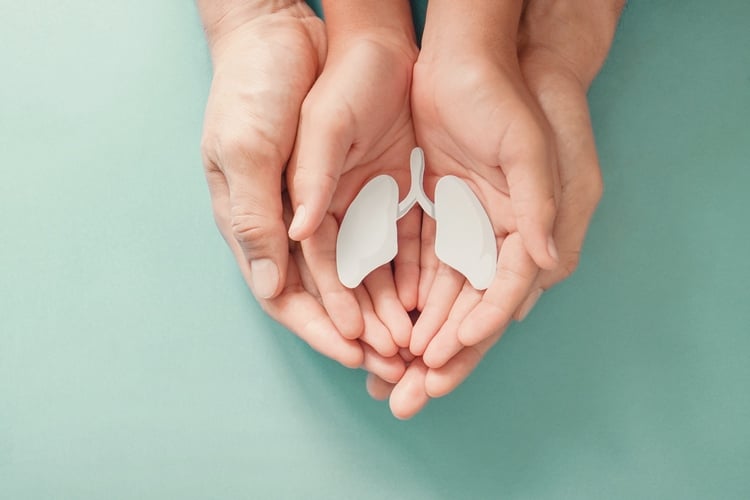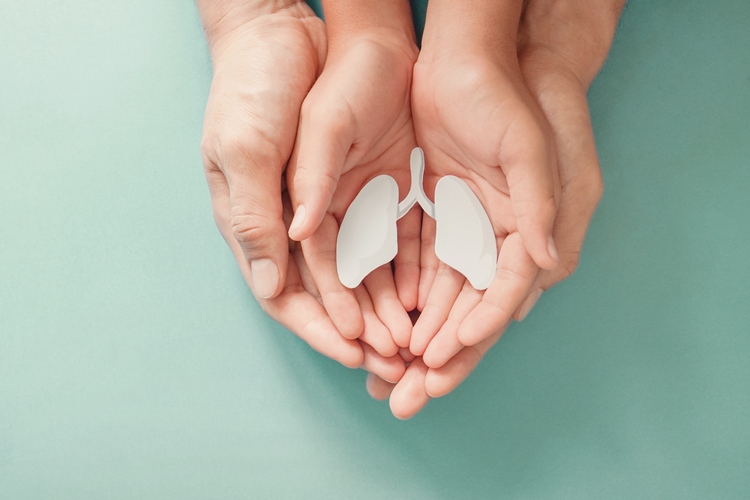
Every parent hopes for a happy and healthy child, but there are unfortunate circumstances that cannot be controlled and cystic fibrosis comes into this category. As an inherited disease, it can be difficult to come to terms with your baby’s condition. This article is going to be your go-to guide for cystic fibrosis in babies.
What is cystic fibrosis?
Cystic fibrosis is a genetic condition caused by two recessive genes – one from each parent. A parent can carry the gene without being affected by it and it’s only when two of these genes come together is a person affected.
Read More: 10 Facts About Cystic Fibrosis You Should Know
What are the problems caused by cystic fibrosis?
This mutated gene affects the movement of sodium chloride (salt) in the body. The result of this is a thick, heavy mucus, salty sweat and thickened digestive juices. The thick mucus can cause breathing difficulties and lead to more serious lung infections. The thickened digestive juices from the pancreas can’t get to the small intestine in order to do their job and so this leads to being unable to absorb nutrients from food which in turn can cause growth and development issues.
What do you do?
As you may have already guessed, cystic fibrosis in babies is a serious condition and one that requires special treatment.
If you decide to undergo newborn screening, your doctor will be able to pick up signs of this condition and recommend you go for further testing. This is important as the earlier it’s identified, the more treatable it is.
If you have any questions, or concerns, then speak to your doctor for more information and advice.
{{cta(‘924954d5-8fa6-4ba7-85fd-36b883ec14ac’)}}
How do you treat cystic fibrosis?
Unfortunately there is no cure for this condition but it is treatable from the comfort of your own home and your doctor will be able to provide guidance and training so you know how to administer the treatment correctly.
There are a number of different treatment methods that can be used to manage cystic fibrosis in babies:
- Antibiotics – antibiotics are used to treat some of the infections brought about by cystic fibrosis. Some medication can also be used to help break down the mucus in your child’s system.
- Vaccinations – cystic fibrosis means your child is at potential risk from additional illnesses and vaccinations can help to prevent these.
- Physical therapy – it’s most likely that your doctor will give you some specialist therapy exercises to help combat cystic fibrosis in babies. This works by loosening the mucus that builds up.
- Pulmonary therapy – this can include lifestyle changes to help maintain healthy functions such as exercise and play.
Can my baby still have a fulfilling life?
Many people who live with cystic fibrosis are able to lead very full and happy lives. The condition does worsen with age and the symptoms can become more severe. This means that as they grow older, they’re likely to visit the hospital more frequently and will have to alter the treatments to adapt to the condition.
Resources:
https://www.babycenter.com/0_cystic-fibrosis-in-babies_10869.bc?showAll=true
http://www.babysfirsttest.org/newborn-screening/conditions/cystic-fibrosis-cf
http://www.healthline.com/health/cystic-fibrosis-in-babies-children#treatment5
{{cta(‘cb0b10b2-845f-4c7f-97ad-c4693601ebc3’)}}


